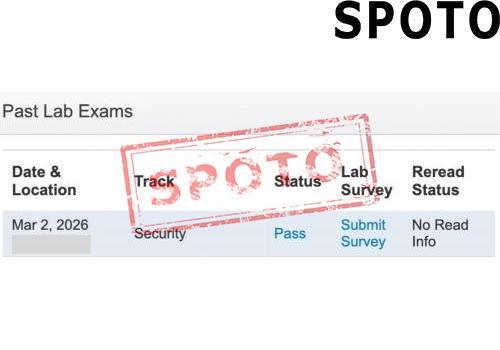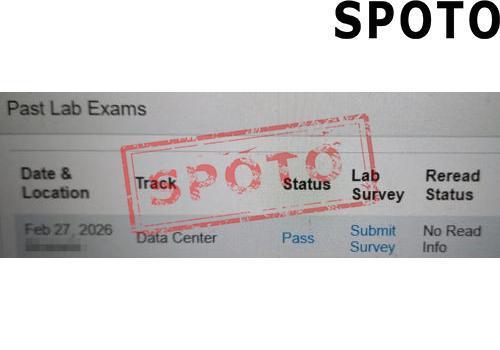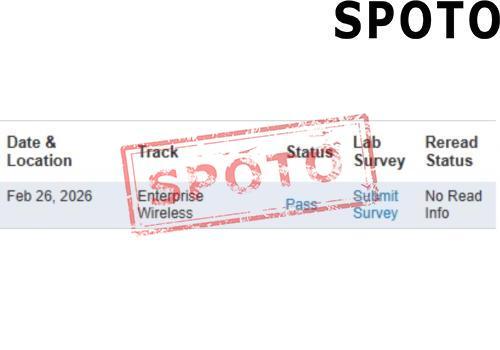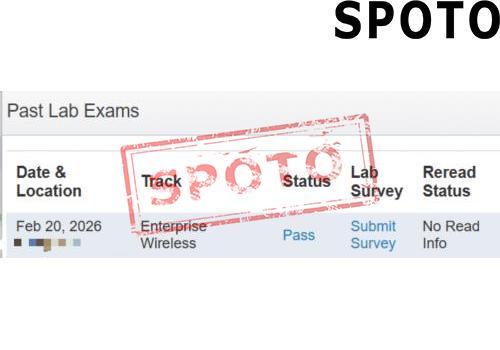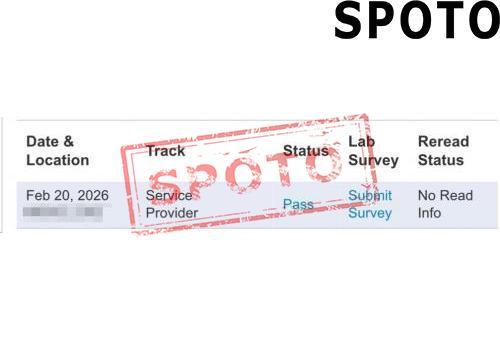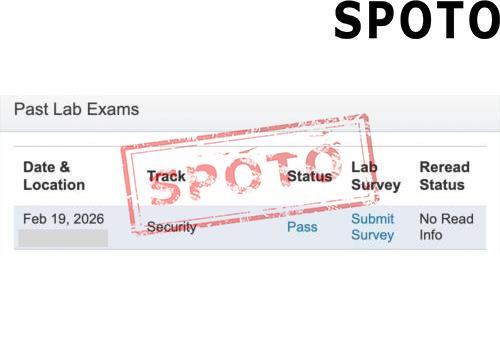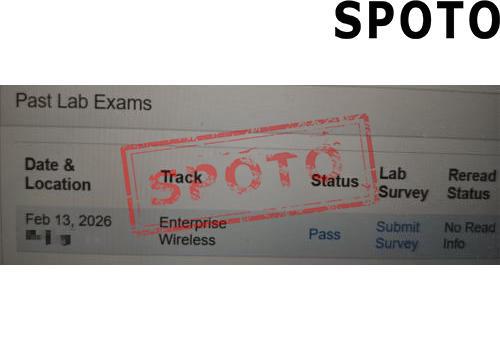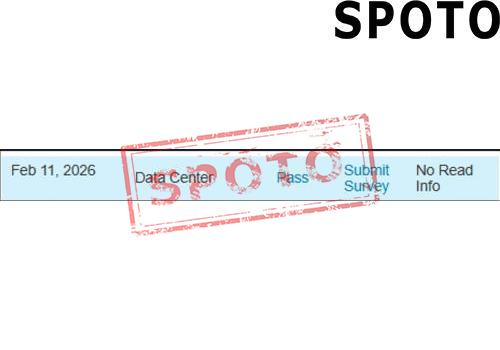
In the rapidly evolving landscape of IT, network automation and programmability are no longer just trends; they're becoming the norm. Cisco's CCIE DevNet certification is at the forefront of this transformation, bridging the gap between networking and software development. As more organizations adopt automation to streamline their operations, demand for professionals with expertise in both networking and software is growing exponentially.
The CCIE DevNet track is designed for professionals who want to specialize in network automation, APIs, Python scripting, and network programmability. This certification represents the future of networking, where traditional network engineers merge their skills with modern software development techniques.
What is CCIE DevNet?
The CCIE DevNet certification focuses on integrating software development with networking principles. It teaches candidates how to automate network configurations, work with APIs, and apply DevOps practices to networking tasks. By mastering this combination, DevNet professionals can improve network performance, increase efficiency, and reduce human error in configuration management.
In short, CCIE DevNet is ideal for network engineers looking to transform their traditional roles into more software-centric, automation-driven positions.
Key Areas of CCIE DevNet
This track includes several core areas that define network automation and programmability:
-
Network Automation
One of the primary goals of DevNet is to automate repetitive network tasks. This involves using tools like Ansible, Python scripts, and Cisco DNA Center to automate network provisioning, configuration, and monitoring. Automation reduces the potential for human error and improves operational efficiency. -
Network APIs and SDKs
A significant portion of DevNet focuses on understanding and using APIs to interact with Cisco devices. By learning how to call APIs, network professionals can automate network management and extend functionality. Cisco offers a variety of software development kits (SDKs) to help engineers write programs that interface with their networking hardware and software. -
Programmability with Python
Python is the go-to programming language for network automation. DevNet professionals need to be proficient in Python scripting to interact with APIs, automate workflows, and perform tasks like collecting data from network devices and running tests. Python's ease of use and readability make it a preferred language for automating networking tasks. -
DevOps Practices in Networking
While DevOps originated in the software development world, its principles are now widely applied in network engineering. DevNet encourages network engineers to adopt a collaborative, continuous integration, and continuous delivery (CI/CD) mindset when working with network configurations. This makes it easier to deploy changes to the network in a controlled, predictable manner. -
Security and Monitoring
Security remains a key consideration in network automation. DevNet ensures that candidates understand the importance of securing automation scripts, maintaining network security, and continuously monitoring the network's health through automated processes.
Why Choose CCIE DevNet?
The demand for network automation is on the rise as businesses strive to manage increasingly complex network infrastructures. Here are a few reasons why you should consider CCIE DevNet:
-
High Demand for Skills
As more businesses adopt SDN (Software-Defined Networking), cloud solutions, and IoT (Internet of Things) technologies, the need for network engineers who can automate and program these environments is growing. CCIE DevNet provides you with the expertise needed to excel in this field. -
Lucrative Career Opportunities
Professionals with DevNet skills can command competitive salaries due to the specialized nature of the role. DevNet engineers are in demand across industries, from telecommunications to cloud services. -
Future-Proofing Your Career
Networking is becoming less about configuring routers and more about programming the network. By earning a CCIE DevNet, you position yourself at the intersection of networking and software development, ensuring your skills remain relevant for years to come. -
Hands-On Learning
The CCIE DevNet exam is designed to test real-world skills, requiring candidates to solve complex, practical problems. You'll gain hands-on experience with tools like Cisco NSO, Cisco DNA Center, and Python, which are integral to modern networking environments.
CCIE DevNet Certification: What to Expect
The CCIE DevNet exam consists of two parts:
-
Written Exam
The CCIE DevNet Written Exam tests your understanding of networking concepts, automation, APIs, and security. It serves as the foundation for the more advanced lab exam. -
Lab Exam
The Lab Exam is a hands-on assessment where candidates demonstrate their ability to automate network tasks, configure devices, and work with APIs in real-world scenarios. The lab exam is challenging and requires extensive preparation.
Skills Gained from CCIE DevNet
Upon certification, you'll have the skills to:
- Automate complex network configurations and operations using Python and APIs.
- Design, develop, and implement network solutions that leverage software tools and automation.
- Monitor and troubleshoot networks with automated scripts and diagnostic tools.
- Integrate network automation into cloud and hybrid IT environments.
Conclusion
CCIE DevNet is more than just a certification; it's an opportunity to redefine the way you approach networking. By merging software development and network engineering, you'll be part of a growing movement that is shaping the future of IT. If you're passionate about automating networks, learning programming, and adopting DevOps practices, this is the certification that will propel your career into the future.
